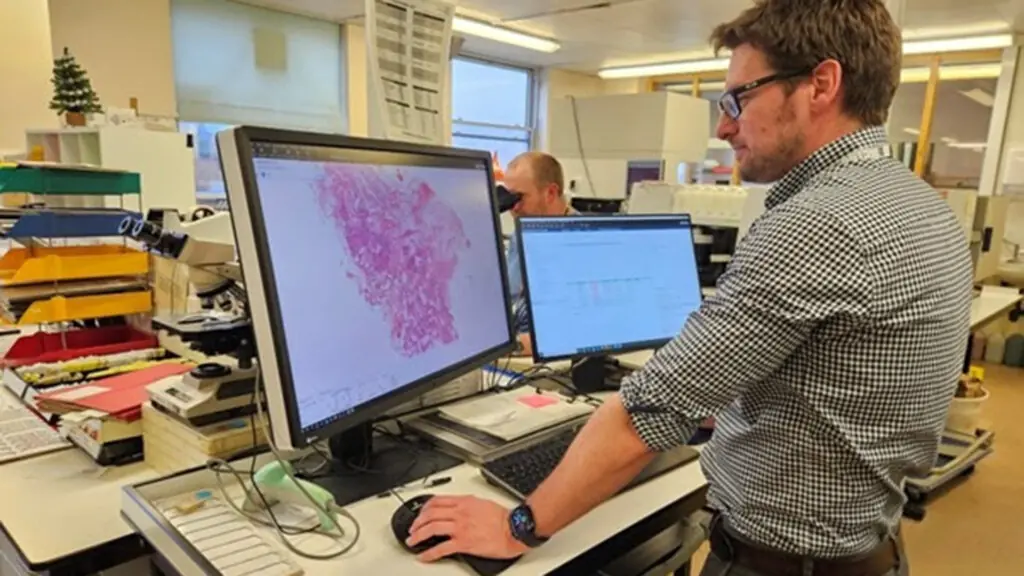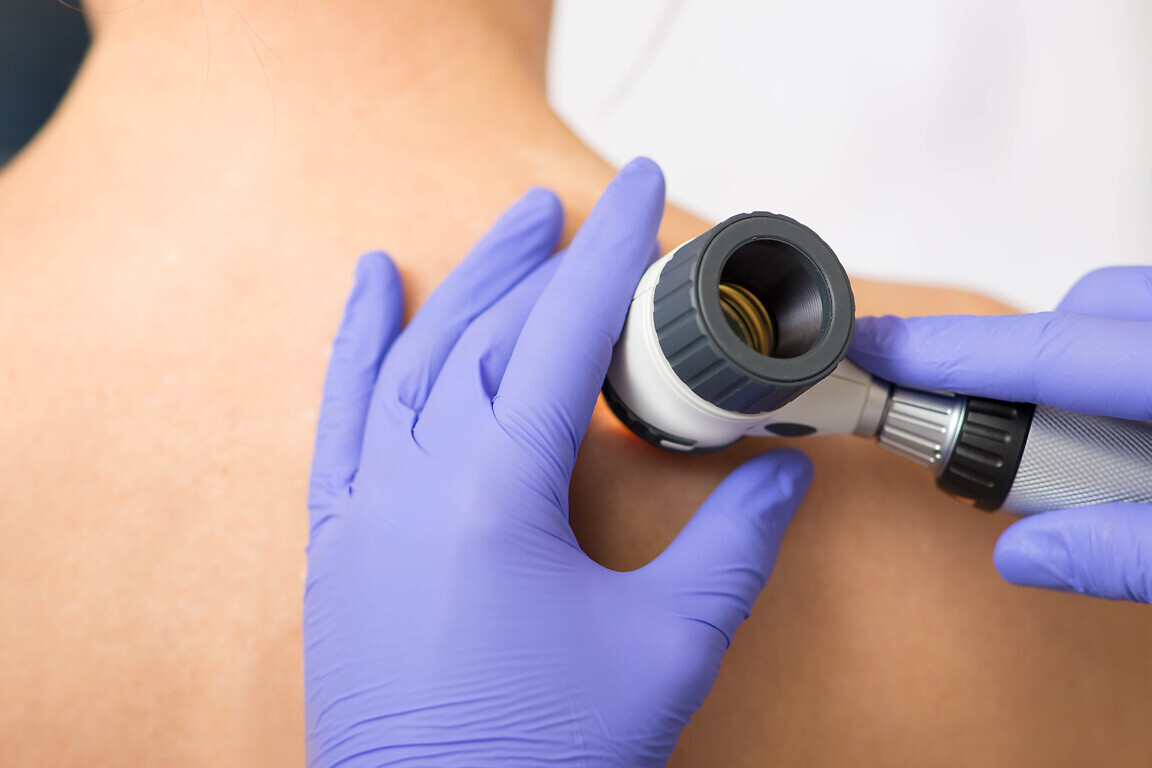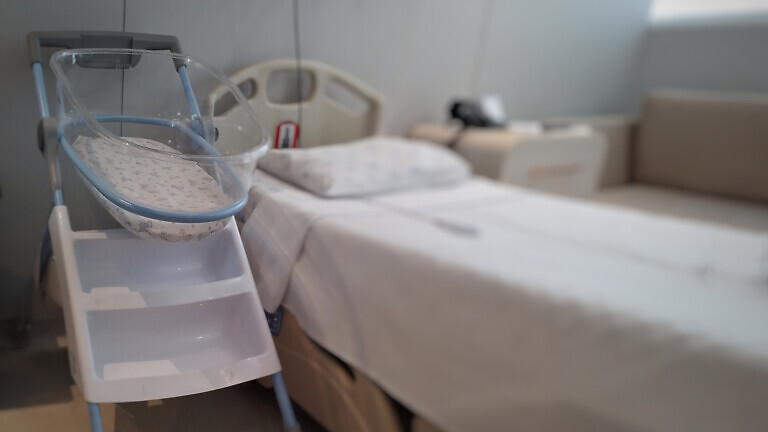The latest innovations in healthcare, including the expansion of Bupa’s remote skin assessment service, a custom video rehab tool that helps knee osteoarthritis patients and much more.
Bupa expands remote skin assessment service
Bupa has expanded its at-home skin assessment service for health insurance customers. Customers who are worried about their skin can upload images of their concern directly from their smartphone to the Skin Analytics app. A Bupa-certified dermatologist will then review them alongside the customer’s medical history and provide a potential diagnosis within three days. If further investigation is needed, an advisor will contact the customer to discuss next steps, and Bupa will help arrange a referral to a specialist.
The expanded service is a response to rising demand for wider dermatology care in the UK, with people having to wait longer for private and NHS appointments for more common, non-life-threatening skin conditions. It’s estimated that 60% of people have experienced a skin condition at some point in their lives, and there are more than one million new patient referrals to specialist dermatology departments each year.
“We know that there is significant demand for dermatology advice and treatment that extends beyond skin cancer, and we’re grateful to be working with Bupa to bring faster ways to access care to their members,” said Neil Daly, chief executive of Skin Analytics.

Devon and Cornwall hospitals install Sectra software
Sectra digital pathology software is being launched across five NHS sites in Devon and Cornwall. It is live at University Hospitals Plymouth NHS Trust and Royal Devon University Healthcare NHS Foundation Trust (Exeter), with Royal Cornwall Hospitals NHS Trust, Royal Devon University Healthcare NHS Foundation Trust (North Devon), and Torbay and South Devon NHS Foundation Trust to follow.
The software will progressively replace the need for pathologists to interact with glass slides, which have historically been packaged and transported when second opinions are needed. It will also mean that pathologists can work more flexibly, being able to report or provide specialist opinions on pathology images from anywhere.
“Digitising pathology will enhance our ability to deliver treatment to patients in a timely manner, helping to reduce recovery periods and improve outcomes for patients,” said Steve Blunden, Peninsula Pathology digital pathology lead
Peninsula Pathology Network comprises four NHS Trusts: University Hospitals Plymouth NHS Trust, Royal Devon University Healthcare NHS Foundation Trust, Torbay and South Devon NHS Foundation Trust and Royal Cornwall Hospitals NHS Trust. There are five laboratories situated in Plymouth, Exeter, Barnstaple, Torquay and Truro.
Bolton extends rollout of EPR
Bolton NHS Foundation Trust has extended the rollout of its Sunrise Electronic Patient Record (EPR), powered by Altera Digital Health, to its community services. Paper processes coupled with fragmented communication have been replaced with new, streamlined digital workflows that enable services to be more efficient so teams can deliver safe, timely care.
“Users are delighted with the efficiency gains they are making and are enjoying reinvesting the time back into direct care,” said Zoe Fitzsimmons, chief information officer at Bolton NHS Foundation Trust.
The implementation also included going live across outpatients to extend the reach and impact of the existing medication prescribing solution, and diagnostic orders and results for radiology and pathology.

Dartford and Gravesham rolls out Clinisys ICE
Dartford and Gravesham NHS Trust has rolled out electronic test ordering using Clinisys ICE. It has deployed the order communications system to around 2,000 clinical users across all of its wards, the maternity and paediatrics units, the emergency and same-day emergency care departments, and outpatients.
The trust is now looking to procure a new electronic patient record, while its laboratories will use the Clinisys WinPath laboratory information management system next year.
“This has been a long-running project that has really picked up speed over the past year,” said consultant gastroenterologist Guy Sisson, the Trust’s chief clinical information officer and the senior responsible officer for the project.
The implementation of Clinisys ICE at Dartford and Gravesham is part of a wider series of pathology IT developments in the Kent and Medway Pathology Network. It is a partnership of seven laboratories across three pathology services at four NHS trusts: Dartford and Gravesham, Medway, Maidstone and Tunbridge Wells, and East Kent Hospitals University.
The network wants to create a single pathology platform and make ICE available to all the hospital clinicians and GP surgeries that order tests from them.
£1.3 million to upgrade X-ray room in Swansea
The Welsh government has invested £1.3 million to upgrade X-ray facilities in Morriston Hospital’s emergency department.
The funding will replace a 15-year-old system with modern digital technology that produces instant high-quality images. The new digital system will help reduce radiation exposure for patients and staff, and automated positioning features will make machines safer and easier for radiographers to use.
“This investment replacing x-ray equipment for the emergency department will significantly enhance diagnostic capacity and improve patient flow through one of the busiest emergency departments in Wales,” said Ceri White, radiology site lead at Morriston Hospital.

Clatterbridge Cancer Centre launches Airwave Healthcare
The Clatterbridge Cancer Centre NHS Foundation Trust has installed Airwave Healthcare’s MyCareTV service across the trust’s Liverpool in-patient hospital.
The MyCareTV service is a new platform for the trust to host digitised information often held in printed leaflets.
Mindfulness content created by trust teams and provided by Airwave’s sister company, TechLive, is also made available for patients, as well as condition-specific related videos that demonstrate relevant exercises and other insights that can help patients to better manage their care.
“This system… provides crucial comfort and normalisation during a potentially isolated long stay in hospital, supporting mental and physical well-being, and allows our nursing teams to focus more on direct patient care,” said the trust’s chief nursing information officer, Emma Daley.
In-room screens can also be used to gather patient feedback on their care, whilst anticipated reductions in leaflet usage are expected to support sustainability initiatives.
Airwave Healthcare will also be providing patients with access to live streaming of music events across a broad range of genres, including orchestral recitals, rock concerts and music festivals. The service launch is imminent, and for some events, patients will be able to interact with the event via an app.
Custom video rehab tool helps knee osteoarthritis patients
Contura Orthopaedics has released the Arthrosamid Personalised Rehab Programme, a digital tool designed to help healthcare professionals create and share personalised rehabilitation plans for patients with knee osteoarthritis. Clinicians can select from more than 20 exercises and deliver plans via PDF or web link.
In the UK alone, around 350,000 people are diagnosed with osteoarthritis every year, with one in five people over 45 affected. Although osteoarthritis cannot be cured, exercise plays a vital role in helping patients lead more active lives with reduced pain.
The new tool builds on Contura’s existing rehab programme. It enhances the offering by enabling clinicians to generate custom video-based plans tailored to individual fitness levels and recovery needs – making personalised rehabilitation more accessible and practical.
“Improvements in mobility and pain reduction are often seen within weeks, but post-treatment rehabilitation is essential to maintain these gains,” said Rakesh Tailor, chief executive of Contura Orthopaedics.



